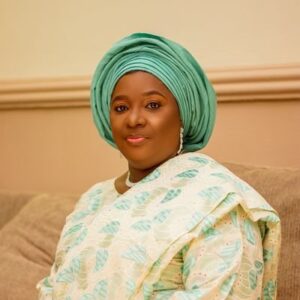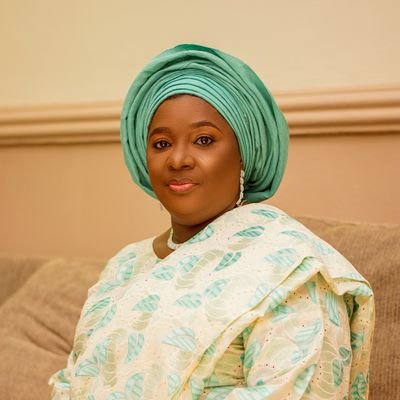The Deputy Governor of Kaduna State, Hajiya Hadiza Balarabe, has announced that 200,000 out-of-school children will be reintegrated into the education system in the shortest possible time.
She made this statement during the signing of an agreement between the Reaching Out-of-School Children (ROOSC) project in Kaduna and the United Nations Children’s Fund (UNICEF) at the Sir Kashim Ibrahim Government House, Kaduna, on Friday.
Balarabe emphasized that the partnership is a significant milestone in the state’s commitment to ensuring that every child in Kaduna has access to quality education, regardless of their circumstances.
“Our esteemed Governor, His Excellency, Senator Uba Sani, extends his heartfelt felicitations to our partners who have made this historic event possible. He is deeply encouraged by your dedication to transforming the lives of underserved children in our state,” she said.
Balarabe further highlighted the critical role of education in building a prosperous society. She noted that the ROOSC project aims to address the challenge of out-of-school children, particularly girls, children with disabilities, and adolescents, by providing them with opportunities for education and a brighter future.
“This initiative aligns with our Kaduna State Education Sector Strategic Plan (2019-2029) and our commitment to achieving Sustainable Development Goal 4, which advocates for inclusive and equitable quality education for all. Our focus is on creating access, improving the quality of teaching and learning, enhancing infrastructure, and strengthening the systems that support our education sector,” she added.
The Deputy Governor projected that the project would reintegrate over 200,000 out-of-school children into the educational system, while benefiting more than 1.2 million primary school pupils with improved facilities and learning materials. Additionally, over 36,000 key stakeholders, including teachers, head teachers, and local education authorities, will receive training and capacity development.
Balarabe expressed her gratitude to UNICEF, calling them a long-standing and trusted partner whose support will be crucial in achieving the project’s ambitious goals. She also acknowledged the contribution of other partners, including the Islamic Development Bank (IsDB), the Kuwait Fund for Arab Economic Development (KFAED), the Global Partnership for Education (GPE), Education Above All (EAA), and Save the Children International (SCI).

In her remarks, the Country Representative of UNICEF, Cristian Munduate, noted that through the collaboration, 49,000 children have been successfully enrolled in the Nigeria Learning Passport, significantly expanding access to quality education across Kaduna State. She also praised the state’s commitment to reducing the 74% literacy and numeracy poverty rate through the recent launch of the Kaduna Literacy and Numeracy Accelerator (KALINA).
Munduate also acknowledged the recent signing of a Contribution Agreement between the Islamic Development Bank and UNICEF through the Kaduna State Ministry of Education. This four-year, USD 2.5 million intervention is part of the ROOSC programme and aims to strengthen the state’s Education Management Information Systems (EMIS) to support data-driven budgeting, planning, and performance monitoring.
“UNICEF is immensely proud to be a partner to Kaduna State,” Munduate said, emphasizing that the state government’s support has been vital in advancing key initiatives in health, nutrition, child protection, education, and hygiene for the benefit of the children of Kaduna.




